Table of Contents
Countries across the world are embracing the concept of Smart cities at a rapid pace. The concept of smart cities is very fascinating because cities seek to use more and more technology in their infrastructure to enhance the quality of life of their residents. Using technology also helps to boost economic growth and address sustainability challenges. The concept of a smart city is all about using technology and data to manage the city’s infrastructure efficiently and effectively. These can significantly improve transportation, energy management, public healthcare, and safety.
All these pros make the concept of a smart city very lucrative. A recent International Data Corporation (IDC) report states that over 1000 smart city projects are underway in 530 cities worldwide. These projects span a range of sectors, such as smart transportation systems, effective energy management, reusability campaigns, carbon-neutral projects, citizen engagement platforms, and many more. As the pace of urbanization accelerates, the trend toward smart cities will likely continue to grow in the coming years.
Australia has seen its fair share of smart city projects in the last decade. The Australian government and local bodies have been very serious about smart city projects and have collaboratively carried out multiple smart city projects across the nation to enhance and uplift the living standard in Australian smart cities. We will discuss 5 Australian smart cities and their smart initiatives.
5 Australian Smart Cities and Their Strategies for a Competitive Edge
Several smart city projects in Australia aim to leverage technology to improve the quality of life for its residents and enhance the country’s economic competitiveness. Here are a few examples of smart city projects in Australia:
Brisbane
Brisbane has developed a comprehensive smart city strategy that uses technology to improve the city’s liveability, sustainability, and economic competitiveness. The city’s smart city initiatives include:
- Brisbane City has installed smart sensors in its waste collection system from Smart Sensor Technologies. This allows for more efficient garbage collection and helps to reduce landfill waste.
- Brisbane City has also implemented a digital wayfinding system that helps residents and visitors to navigate the city more easily.
- Cisco and Brisbane City partnered to develop a smart lighting system that uses sensors to adjust lighting levels based on pedestrian and vehicle traffic.
- The city has also partnered with Telstra to implement a digital platform that provides real-time information on public transportation services.
- The city’s “Digital Brisbane” program provides training and support for residents and businesses to improve their digital skills.
- The city has also launched a “CitySmart” program that provides information and resources on sustainable living practices.
Sydney
In recent years, Sydney has been pursuing several smart city strategies and initiatives to improve the quality of life of its residents and enhance its competitiveness as a global smart city. These initiatives include:
- The City of Sydney has implemented a smart lighting system that adjusts the brightness of street lights based on the presence of people and vehicles, reducing energy consumption and carbon emissions.
- Sydney City has partnered with IBM to develop a cognitive computing system that uses artificial intelligence to optimize the city’s transport network.
- Sydney has been engaging with its residents to co-create solutions that address their needs and aspirations. It has launched a program called City Lab that invites citizens to participate in designing and testing new technologies and services.
- The City of Sydney is also committed to sustainability and has set a target to reduce carbon emissions by 70% by 2030. It has implemented several initiatives to achieve this goal, including promoting renewable energy, waste reduction, and sustainable transportation.
You Might Be Interested In: Brand Activation Sydney
Melbourne
Melbourne has recently pursued several smart city strategies and initiatives to enhance its livability and competitiveness as a global city. These initiatives include:
- Melbourne has implemented a smart traffic management system that uses real-time data to optimize traffic flow and reduce congestion.
- Melbourne has collaborated with private companies to deliver innovative solutions to urban challenges. It has partnered with Cisco to develop a smart lighting system that can adjust lighting levels based on the presence of people, reducing energy consumption and carbon emissions. The Yarra City Council has partnered with Eco Renewable Energy to install three smart solar benches in Yarra City.
- The City has been engaging with its residents to co-create solutions that address their needs and aspirations. The city has launched a program called Future Melbourne that invites citizens to participate in designing the city’s future.
- The City of Melbourne is committed to sustainability and aims to achieve net-zero emissions by 2040.
Check Out: Brand Activation in Melbourne
Adelaide
Various industries, including defence, manufacturing, healthcare, education, and technology, drive Adelaide’s economy. Adelaide has pursued several smart city strategies and initiatives in recent years to enhance its livability and competitiveness as one of the major Australian smart cities. These initiatives include:
- Adelaide has collaborated with private companies to deliver innovative solutions to urban challenges. For instance, it has partnered with Cisco to develop an intelligent parking system that uses real-time data to guide drivers to available parking spots, reducing traffic congestion and emissions.
- The City of Adelaide has been engaging with its residents to co-create solutions that address their needs and aspirations. Adelaide has launched a program called Adelaide Smart City Studio that invites citizens to participate in designing the city’s future.
- The City of Adelaide is committed to sustainability and aims to achieve carbon neutrality by 2025. It has implemented several initiatives to achieve this goal, including promoting renewable energy, waste reduction, and sustainable transportation.
Perth
Perth has pursued several smart city strategies and initiatives to enhance its livability and competitiveness as a global city. These initiatives include:
- Perth has implemented a smart irrigation system that uses real-time data to optimize water usage in parks and gardens, reducing water consumption and costs.
- Perth has partnered with Siemens to develop a smart building system to optimize energy consumption and reduce carbon emissions.
- The Perth Smart Cities Partnership is an initiative that the Perth City Council started in 2017. The smart city initiative encouraged cooperation between the city and its partner colleges and institutions, including, for example, Aquinas College, University of Western Australia, and Fremantle College. Together, they devised creative ideas for enhancing the city’s intelligence. The initiative introduced services like smart lighting, CCTV video analytics, an open data portal, and smart irrigation.
- The City of Perth is committed to sustainability and aims to achieve carbon neutrality by 2050.
Check Out: Key Elements of Smart City
Conclusion:
The implications of these smart city strategies for Australia’s overall competitiveness are significant. By investing in technology and sustainability, Australian smart cities are positioning themselves as leaders in innovation and efficiency. This can attract investment, talent, and businesses, contributing to economic growth and job creation. Additionally, by engaging with residents and co-creating solutions, cities can enhance their livability and attract more people to live and work in these cities. Overall, the smart city strategies pursued by Australia’s major cities can contribute to Australia’s overall competitiveness as a global economy.
We help you experience, innovate & create the future of smart cities in Australia. Browse our website to learn more about what we offer. For enquiries, email us at info@ecorenewableenergy.com.au

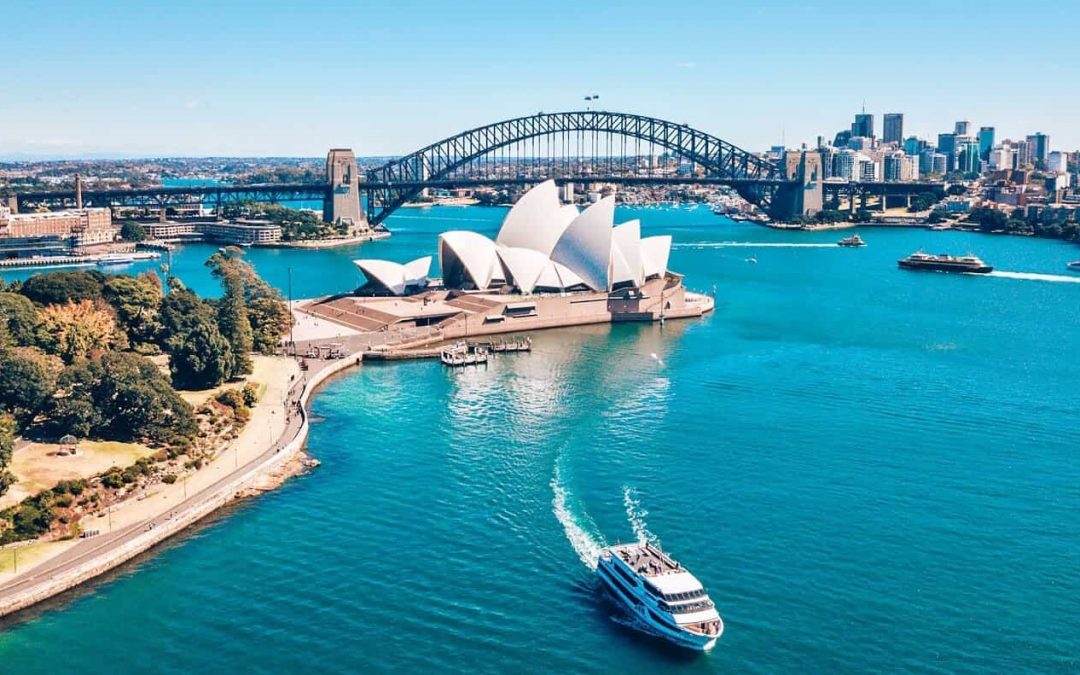
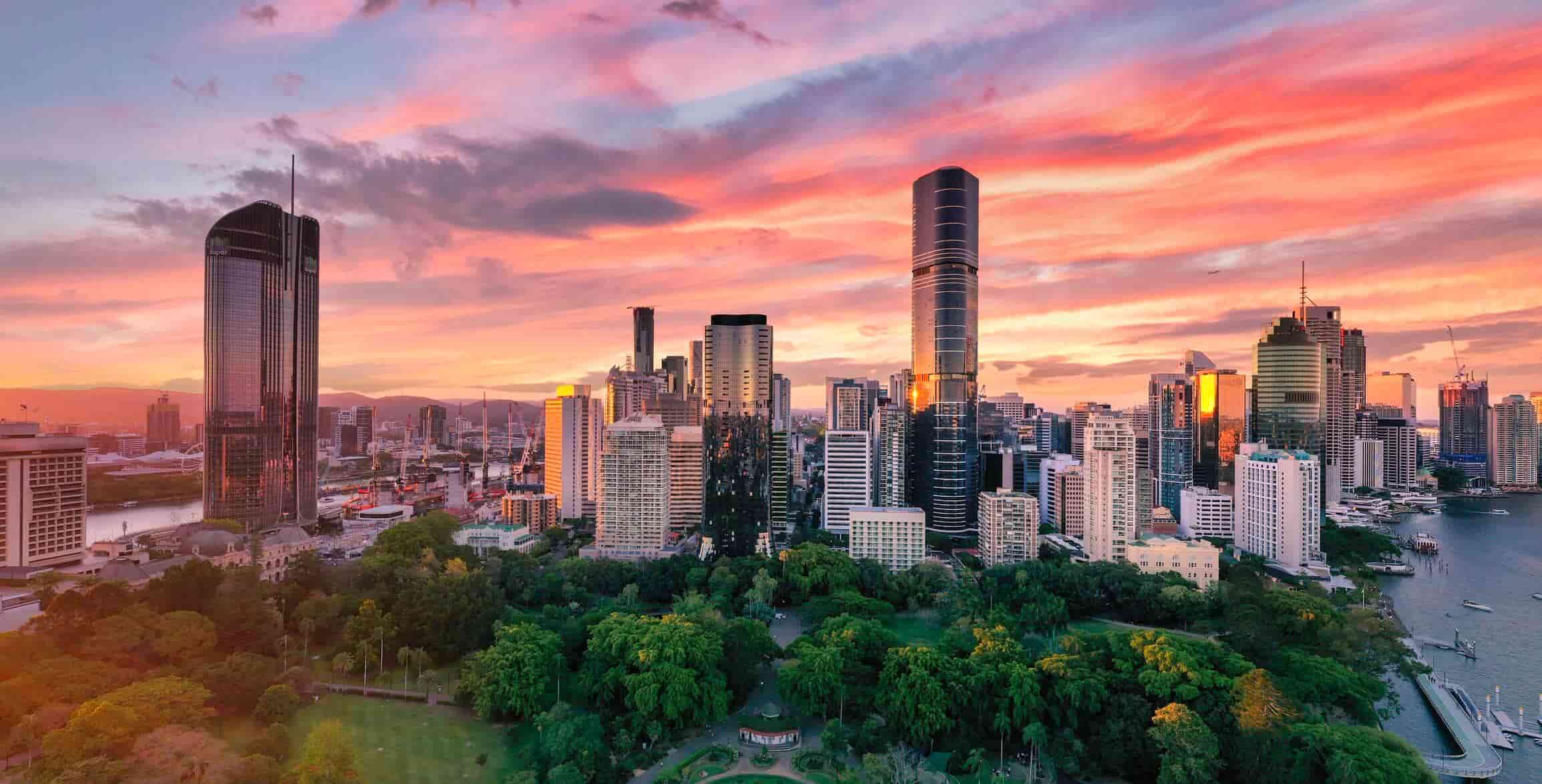
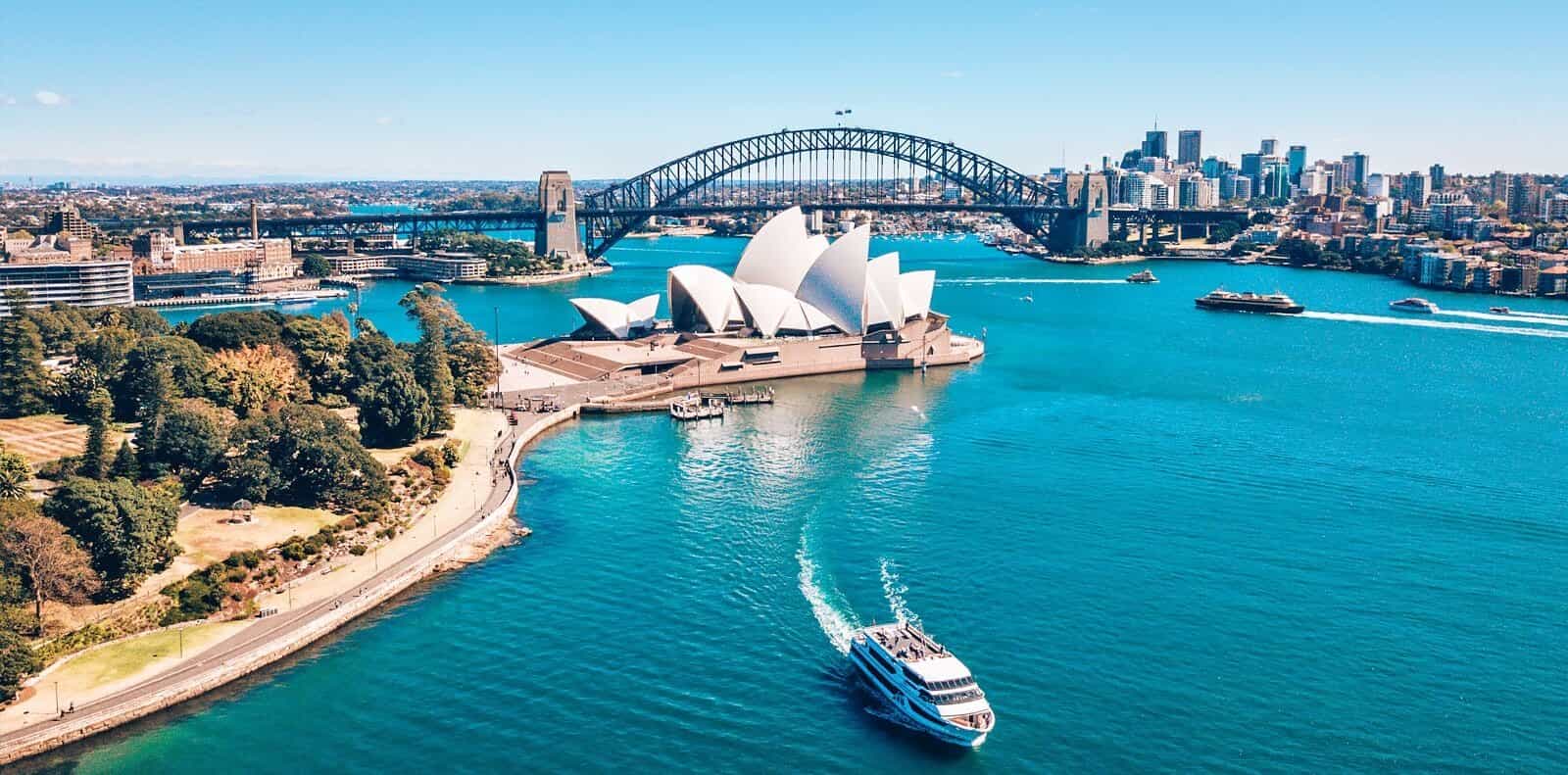
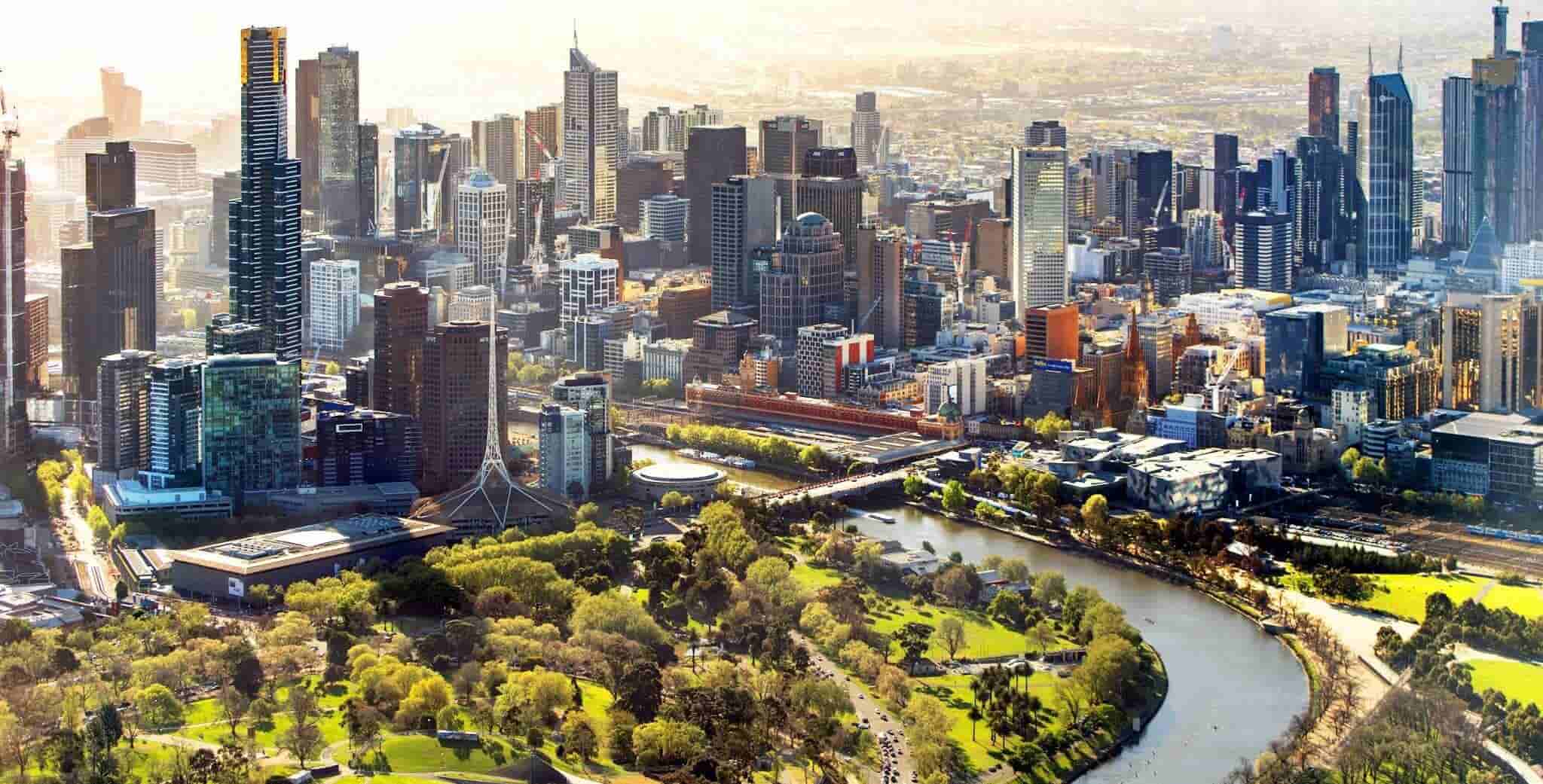
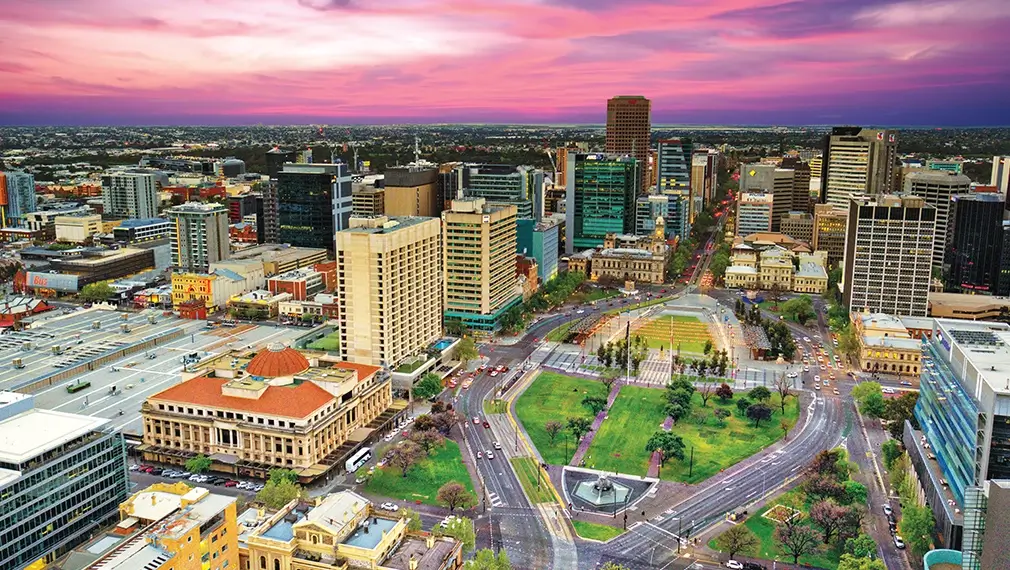
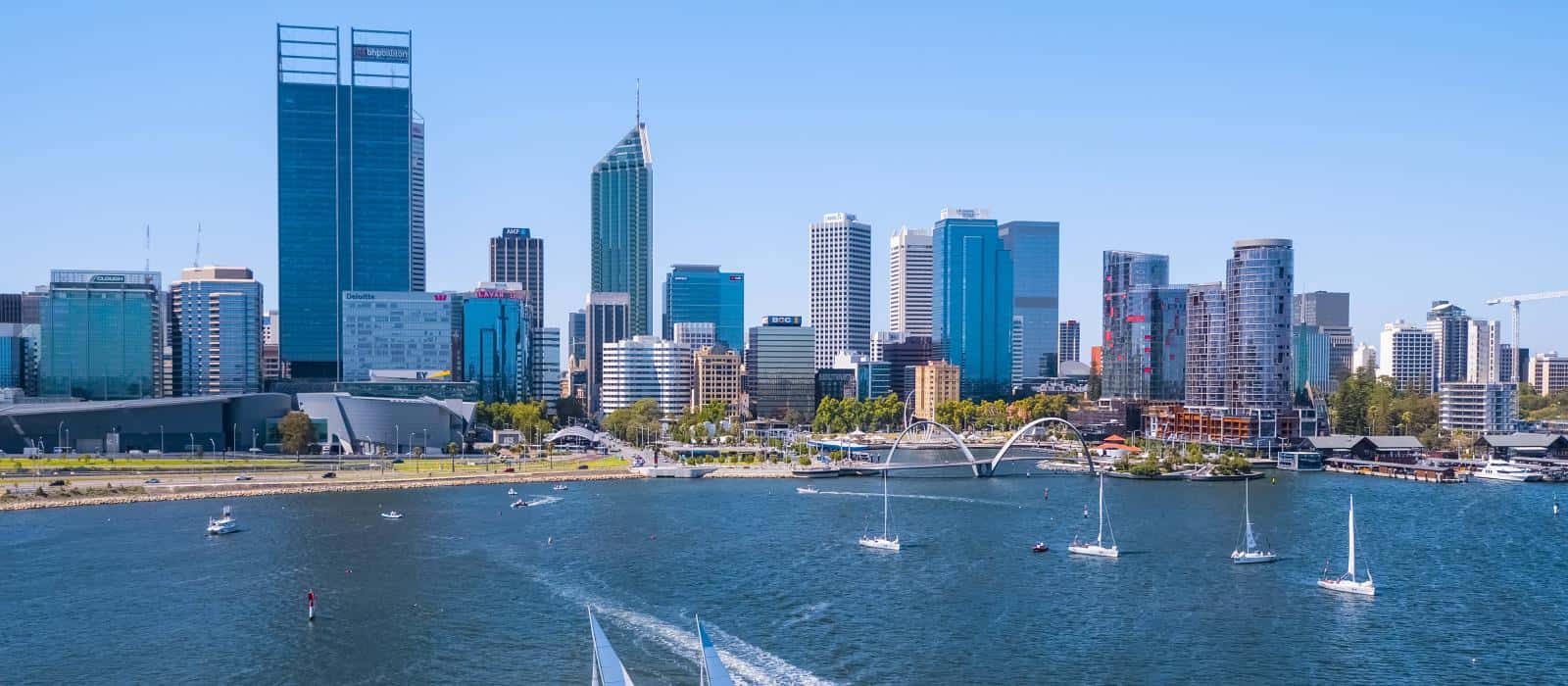
Recent Comments